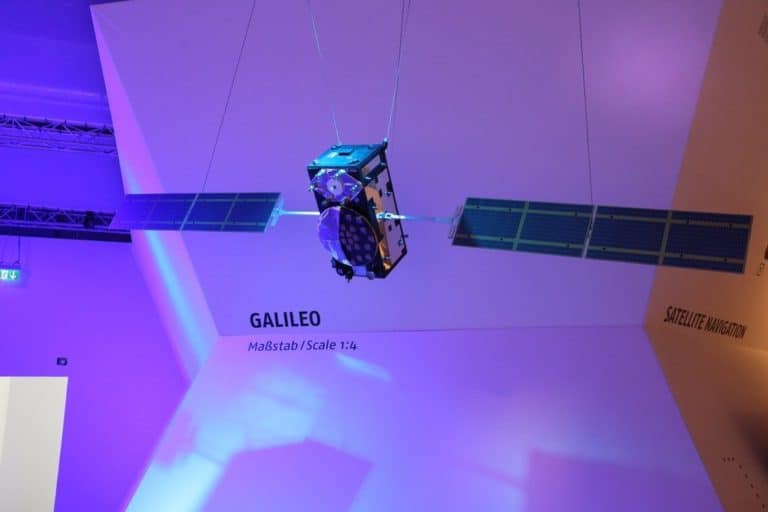The European satellite navigation network Galileo is back online after a week’s failure. Commercial users are already seeing signs of recovery of navigation and timing services, but fluctuations may still occur.
The technical incident was caused by an equipment failure in the Galileo control centres which calculate time and orbit forecasts and which are used to calculate the navigation message, it sounds to the European Global Navigation Satellite Systems Agency (GSA). The interference affected several elements in both centres.
A team of experts worked 24/7 to get the network back online and is constantly monitoring the quality of the services.
Commission of Inquiry
At the beginning of this week, the GSA already announced that the problem was at one of the ground stations. The failure had been going on for four days and there was no further clarification of the cause. The Agency announces that an independent committee of inquiry is to be set up to investigate the substance of the problems.
This will allow the Commission, as programme manager, together with the EU agency GSA, to draw lessons for the management of an operational system with millions of users around the world, according to the GSA.
Beta
Galileo has been operating since December 2016 with a range of initial services, a kind of beta phase, as it were. Today, Galileo signals are still used in conjunction with other satellite navigation systems. This allows technical problems to be detected and remedied before the system becomes fully operational. Once this phase has been reached, Galileo will operate completely independently.
The navigation system is sponsored by the European Union and is Europe’s largest ever space project. Galileo currently consists of 24 operational satellites, two test satellites and two retired ones. The entire project is estimated at around EUR 10 billion.
Related: Defence satellites vulnerable to cyber attacks
This news article was automatically translated from Dutch to give Techzine.eu a head start. All news articles after September 1, 2019 are written in native English and NOT translated. All our background stories are written in native English as well. For more information read our launch article.